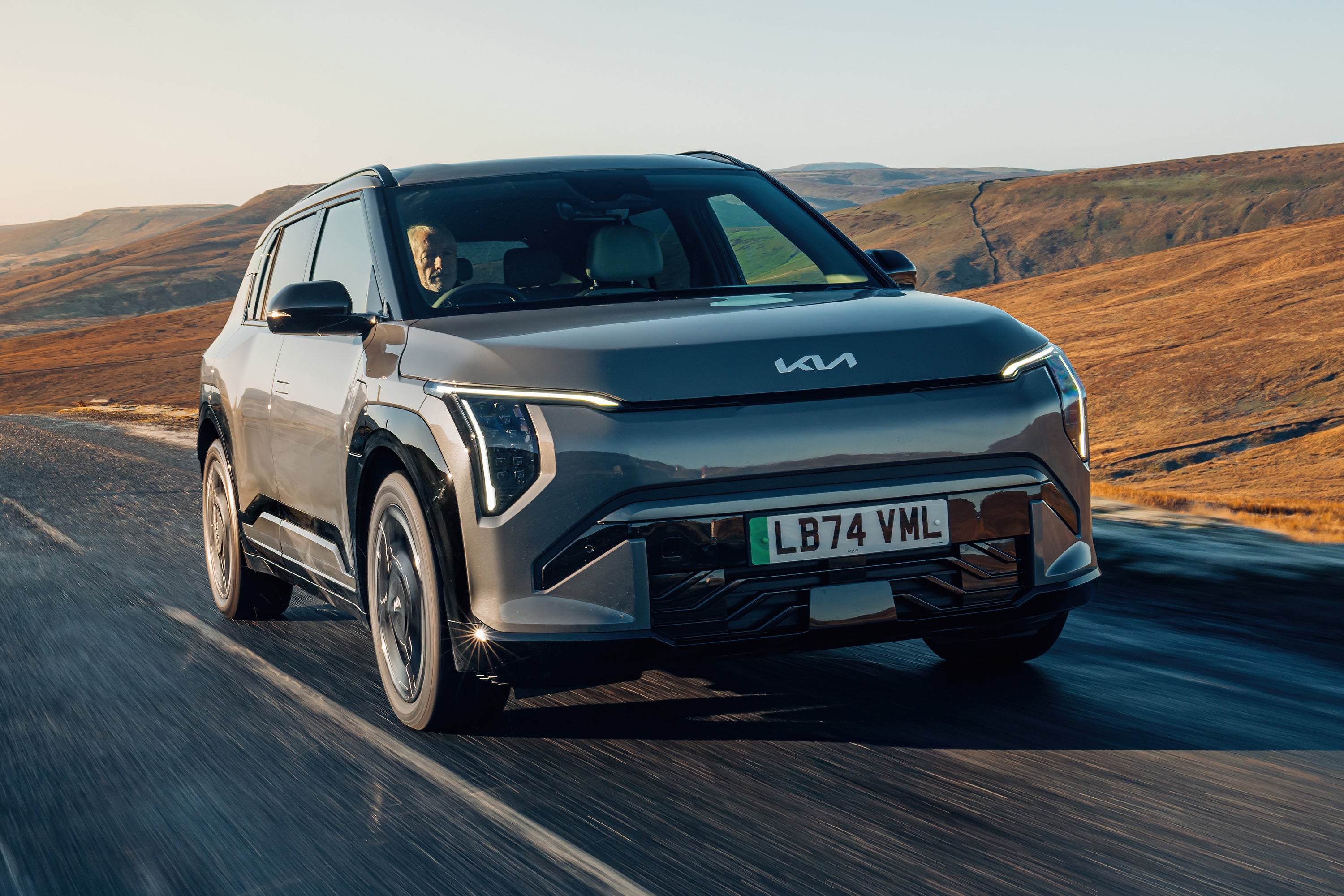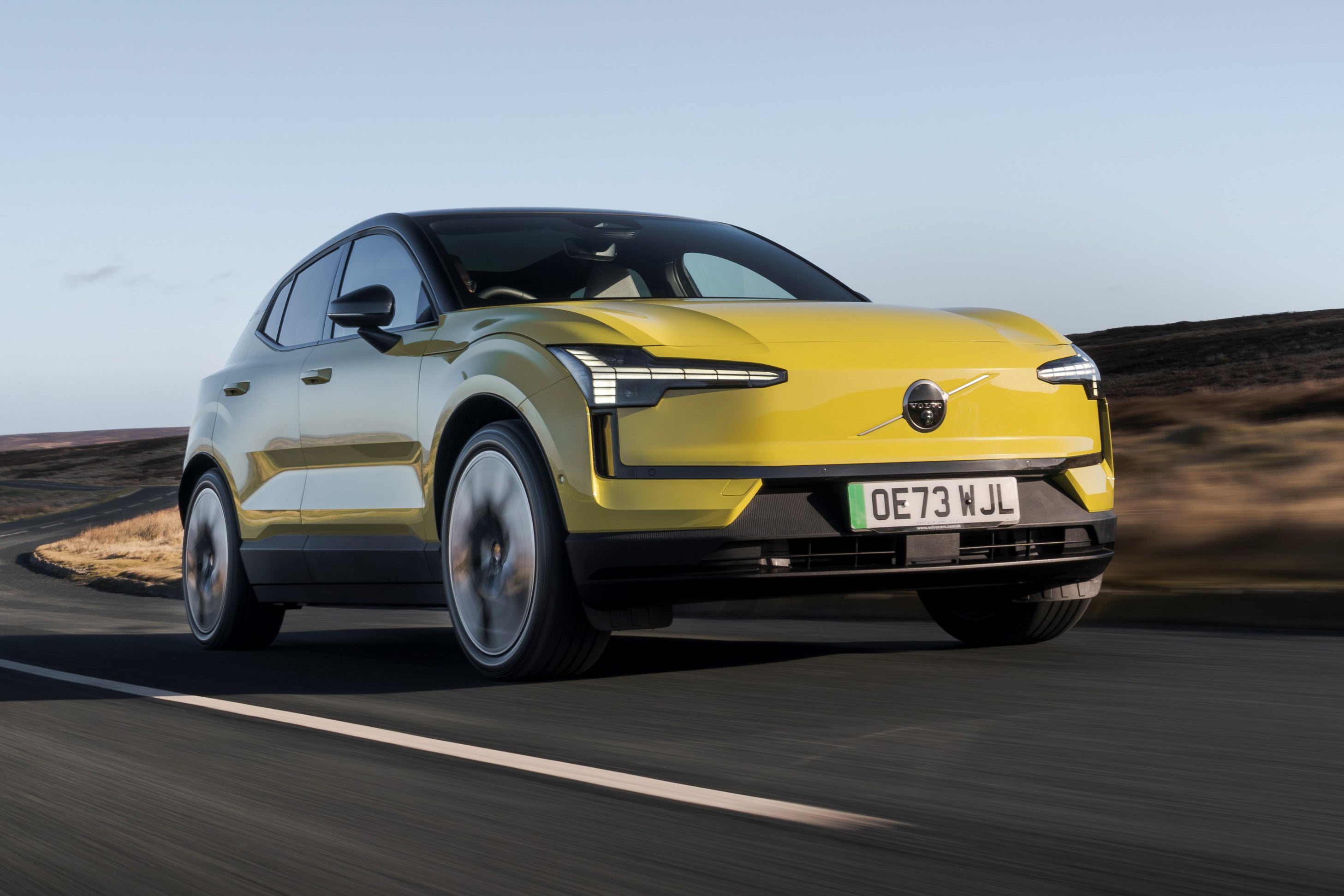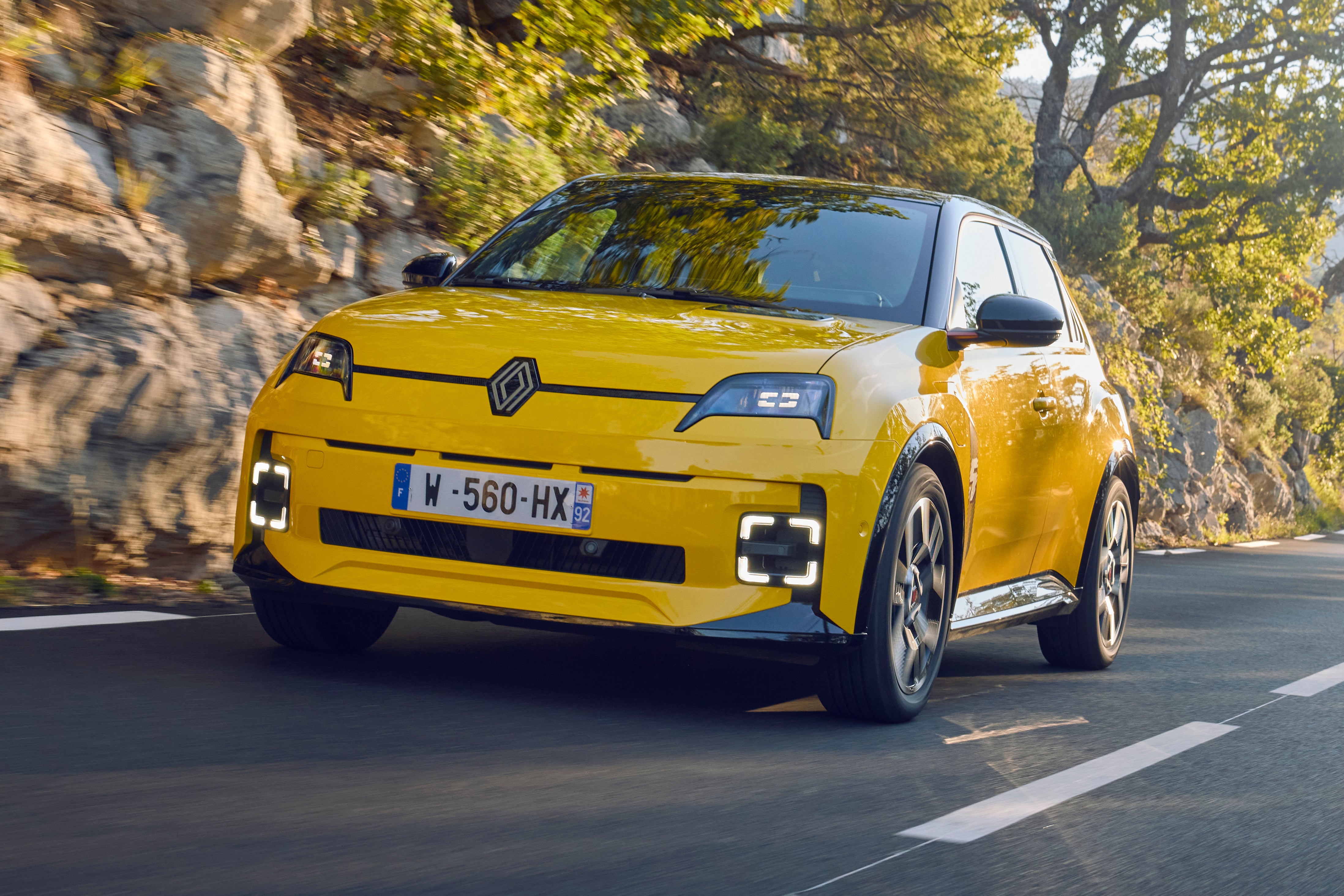
Thinking about buying a new electric car?
A brand-new government grant could help you save up to £3750 on a new electric vehicle (EV), making the switch from petrol or diesel more affordable than ever.
What is the new Electric Car Grant?
Launched in July 2025, the Electric Car Grant (ECG) is a government scheme designed to help more drivers afford a new EV. It offers up to £3750 off the price of an eligible electric car, with the discount applied automatically at the point of sale. The aim is to narrow the price gap between electric and petrol and diesel cars, thereby making EVs accessible to more households.
Eligible cars must be brand new, cost £37,000 or less and meet high environmental and manufacturing standards.

Who is the grant for?
The new grant is aimed at everyday drivers and families, not just business or fleets. It's available across the UK, and car manufacturers can apply to include their eligible models.
The ECG is part of the government's Plan for Change, a scheme that aims to support drivers with lower costs and greener transport, while backing British jobs and industry.
Which cars are included?
As of August 2025, the government has announced that the following cars are eligible for the ECG, all of which will be automatically discounted by £1500:
- Alpine A290
- Citroen e-C3
- Citroen e-C3 Aircross
- Citroen e-C4
- Citroen e-C4 X
- Citroen e-C5 Aircross
- Citroen e-Berlingo
- Cupra Born
- Nissan Ariya
- Nissan Micra
- Peugeot E-208
- Peugeot E-2008
- Renault 4 E-Tech
- Renault 5 E-Tech
- Renault Megane E-Tech
- Renault Scenic E-Tech
- Vauxhall Astra Electric
- Vauxhall Combo Life Electric
- Vauxhall Corsa Electric
- Vauxhall Frontera Electric
- Vauxhall Grandland Electric
- Vauxhall Mokka Electric
- Volkswagen ID.3
More will be announced in the coming weeks.
How does the Electric Car Grant compare to the old Plug-In Car Grant?
This isn't the first time the UK government has offered help to EV buyers. The Plug-In Car Grant (PICG) ran from 2011 to 2022, starting with up to £5000 off elgible models. Over time, the grant was gradually reduced to £1500 before ending in June 2022.
The previous scheme focused on early EV adoption but was eventually phased out as electric cars became more mainstream. The ECG marks the first major return of a discount specifically for private EV buyers since then.
What else is the government doing to support EVs?
Alongside the ECG, a £63 million infrastructure boost was announced in July 2025 to tackle some of the biggest barriers to EV ownership: charging access and cost.
Highlights include:
- £25 million for at-home charging via cross-payment cables for homes without driveways, which could save drivers up to £1500 a year in fuel costs.
- New road signage for charging hubs on A-roads, making it easier to find chargepoints on the go.
- £8 million for NHS fleets, helping more than 200 sites install EV charge points and electrify vehicles.
- Support for business depot charging, aimed at vans, trucks and coaches.
The UK's public charging network now includes 82,000 chargepoints, with one added every 30 minutes, and 100,000 more on the way.

Is an EV now cheaper than a petrol or diesel car?
In some cases, yes. With the new grant in place and the lower running costs of EVs when it comes to fuel and maintenance, electric cars can often be a more affordable option than an equivalent petrol or diesel car.
Used EVs are also becoming more affordable. In 2025, two in five used electric cars sell for less than £20,000, and there are 33 new models available for less than £30,000.
Is there support for installing a home charger?
Yes, but only in certain cases. The Electric Vehicle Homecharge Scheme (EVHS) now offers support only to renters and flat owners, covering up to 75% of the cost and capped at £350.
If you live in Scotland, you might be eligible for further support from interest-free EV loans and chargepoint funding from the Energey Saving Trust and Transport Scotland, although both schemes are subject to annual funding – when the cash is gone, it's gone.
Best electric cars to buy
More electric and hybrid car guides
Whether you're looking for advice on what hybrid car to buy or looking to find your next EV, we've got the answer


